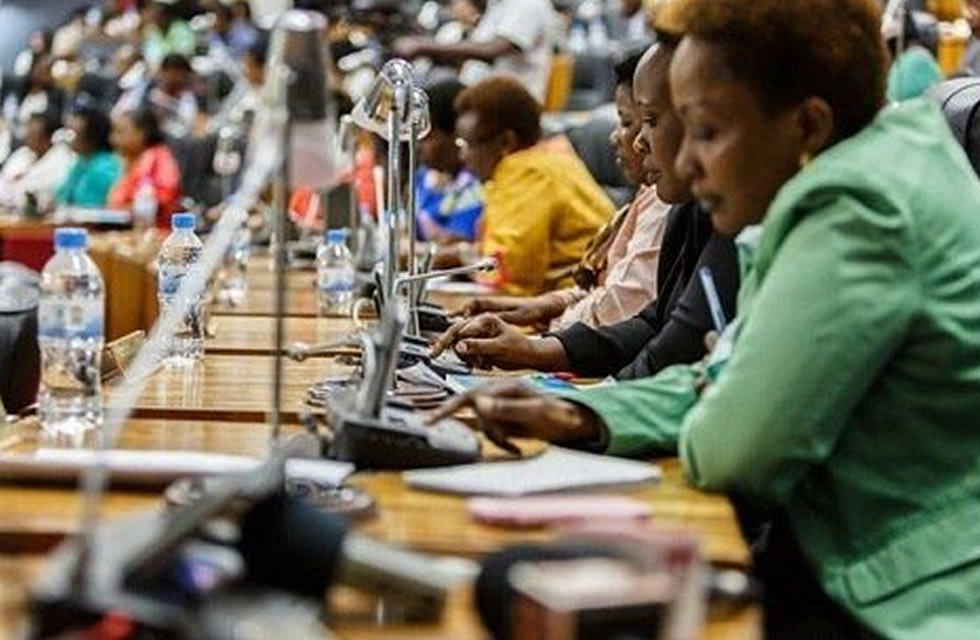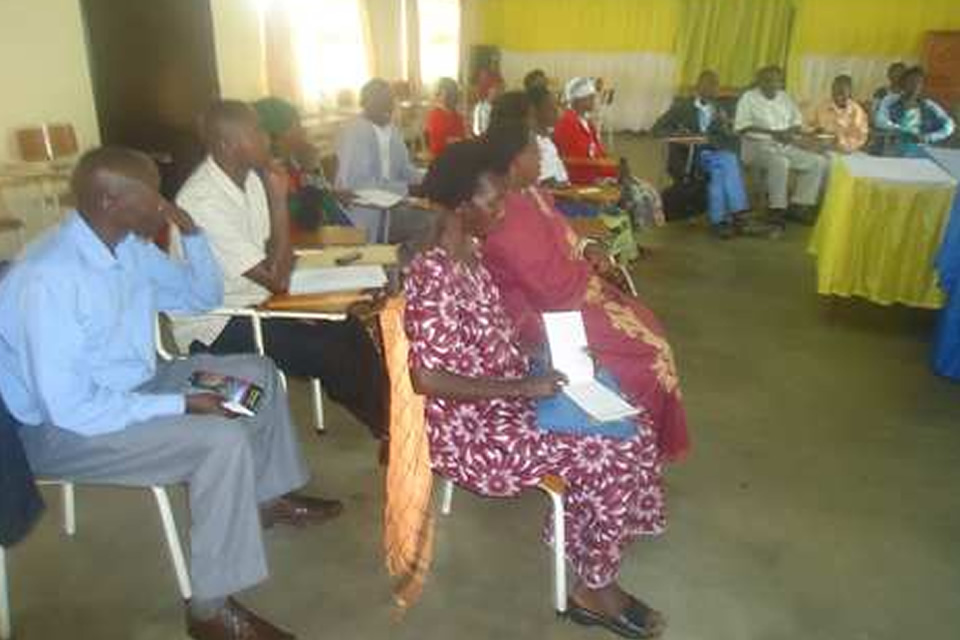Parliament today continued with the voting of articles which were sent back to the parliamentary constitutional review committees, with more corrections arising from the lower house of deputies.
One of the issues was the idea of taking out God in the preamble, and the changes of having the president apply to the senate president or office of the senate if he/she would like to be in senate after completion of mandate.
On the issue of God, many deputies said that God should remain because this is something that Rwandans believe in and use in their daily lives and taking it out is scandalous.
“We should have this idea of God remain because some of the swearing of officials has the idea of God” one of the MPs, Agnès Mukazibera said.
Most of the MPs were pissed with the change in removing God in the constitution and wondered what the citizens who sent them would react.
“We had discussed this in the primary project of revisiting the constitution. I wonder if we agreed on having God as the all mighty, how you removed it yet we know that God has been at the front of helping Rwandans be here today” Berthe Mujyawamariya said.
On changes of having a former president apply to the senate president or office of the senate to become a senate, some MP’s couldn’t believe that a president has to ask a subordinate especially if they did a good job while in office.
“This should be automatic to the president for example on Kagame, as we know he has done a good job and it is evident. How can he apply? We need to change that” Alfred Rwasa said.
Rwaka also reacted on the articles which have been changed, making the aspect of support to the handicapped, be taken as responsibility but not among the constitutional articles which are bidding to the government.
Deputy speaker Jean d’Arc Uwimanimpaye said many people have very many references to God and some say God above the heavens and of the hills. “We found that this would create confusion since we know very well that Rwandans have God in them and just having the word on paper won’t change the views”
She also said that this was not an issue raised by the citizens and was hard for committees to define God. She asked that the changes remain.
On president asking to go to senate, Uwimanimpaye said that this was even already in the old constitution and was required to ask and submit a case to the supreme court- which is more complex than senate.
“Asking or applying has been there and we cannot force him/ her to go to senate. That is why we said that if he completes the mandate well, he can go to senate- that is why we put it at senate level to make it easy for the president since that is where he/ she is applying” Uwimanimpaye argued.
On sharing power within the senate and parliament, Uwimanimpaye said that there is already enough power sharing that is why the president of senate and parliament are from other political parties.
She also argued that parliament to vote for the constitution since the amendments are being done for the good of the citizens.
The voting exercise on the preamble took lawmakers a lot of brainstorming and request for a break as many didn’t agree that it passes without the idea of God in the preamble, however after consultations outside; the parliament voted it with 70 votes and passed it.
The Rwanda parliament also voted on the other over 30 revised articles with most of them passed and finally voted for the approval of the new draft Rwanda constitution with 75 votes out of 75 members present.
Hon. Donatille Mukabalisa, the Speaker of the Chamber of Deputies thanked the lawmakers for doing a good job within the shortest time possible and announced the next agenda of the ordinary sessions set for Monday next week.

